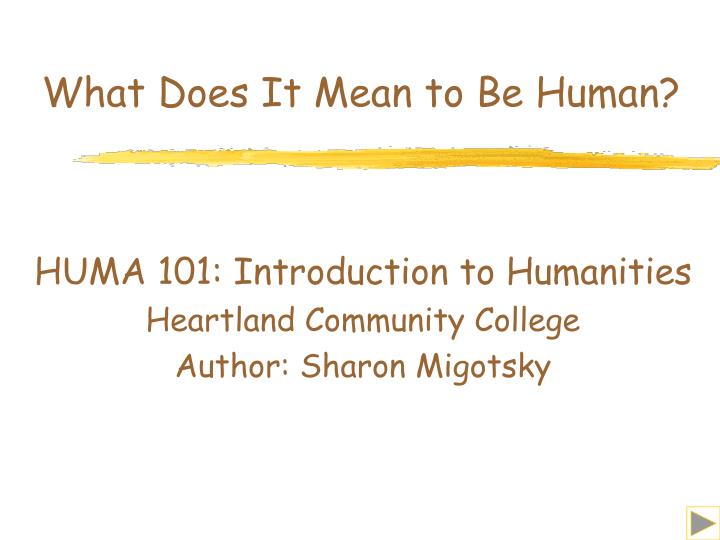
The conclusion on "Negative Zoelogy" is pretty intriguing, arguing for a contingent, adaptable approach to examining humanity and life itself. Like Bourke, I agree that rights seem the best approach we have, so long as we aren't being essentialist. Another issue Bourke takes up is the somewhat problematic but perhaps unavoidable appeal to "human rights" as a means to social justice. Bourke also deals with the problems of prejudice/anti-prejudice discourse, as both tend to dehumanize their opponents, while claiming their own humanity. However, overall this is a really interesting look at how categories such as animal, woman, disabled, and racial other have been essential to constructing a dominant Western notion of the "human." Bourke points out, though, that these boundaries are constantly shifting, and there has been no good, objective way of defining the human. I also found her tone a bit annoyingly glib and judgmental. Sometimes the examples seemed so extreme and obscure that they were included more for charm than as actual representative examples of social discourses on constructing the human. What Bourke excels at in archival research and breadth of perspective, she lacks in strong analytical explanation, coherence, and relevance. I read this for personal edification, though I can see this being useful in my academic work on disability and critiques of normalcy. In this meticulously researched, illuminating book, Bourke explores the legacy of more than two centuries, and looks forward into what the future might hold for humans, women, and animals. Political disclosures and scientific advances have been re-locating the human-animal border at an alarming speed. If the Earnest Englishwoman had been capable of looking 100 years into the future, she might have wondered about the human status of chimeras, or the ethics of stem cell research.

How are people excluded from political personhood? How does one become entitled to rights? The distinction between the two concepts is a blurred line, permanently under construction. In this fascinating account, Joanna Bourke addresses the profound question of what it means to be "human" rather than "animal". The Earnest Englishwoman’s heartfelt cry was for women to become "animal" in order to gain the status that they were denied on the grounds that they were not part of "mankind". In fact, their status was worse than that of animals: regulations prohibiting cruelty against dogs, horses, and cattle were significantly more punitive than laws against cruelty to women.

In 1872, a woman known only as "An Earnest Englishwoman” published a letter titled "Are Women Animals?" in which she protested against the fact that women were not treated as fully human.


 0 kommentar(er)
0 kommentar(er)
